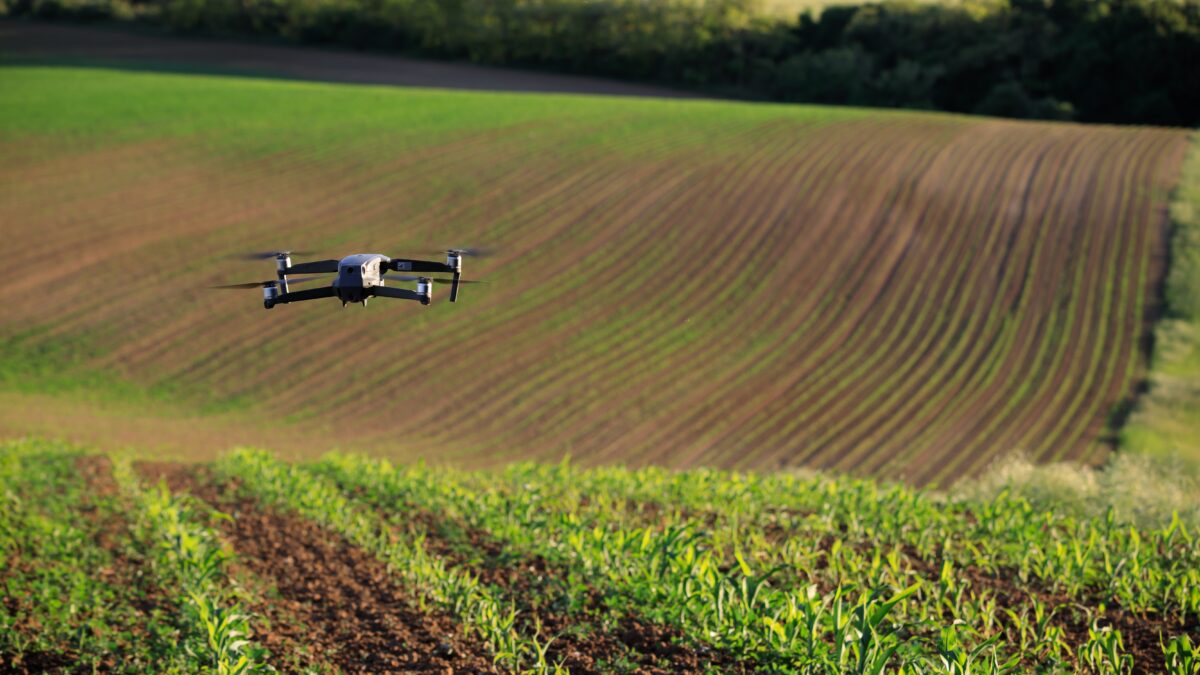Data from a survey of precision farming technology vendors show that new forms of digital technology have begun to make their mark on agricultural operations and enterprises.
These digital technologies include new automation applications and involve the use of drones with integrated artificial intelligence. Many of these technologies that have matured and established themselves in recent years have become widespread among farmers. New forms of these technologies are being presented continuously, following advancements in the precision farming sector. Regarding the new developments, vendors report that, in the near future, they will be offering technologies such as robots to collect soil samples and monitor crop health. In addition, 11% of vendors currently report selling artificial intelligence technologies capable of identifying and eliminating weeds.
The most profitable technologies
According to the vendors, the most profitable technologies are nutrient management services: 72% of respondents stated that precision farming fertilisation applications are especially profitable, and 64% stated that technology-enabled soil sample collection features prominently among the most profitable technologies.
According to the vendors who participated in the study, artificial intelligence will enable agronomists to provide farmers with better guidance, as they will have access to tools that provide a wealth of information.
Automation in farming
In addition to the above study, autonomous machines are also expected to lead to a sea change in farming. According to the report, automation in farming improves both productivity and sustainability, with the key to agricultural productivity lying in technological progress and digitisation.
Automation enables faster, more precise operations, reduces the use of resources, including water and fertiliser, and protects crops while optimising energy use. This change bolsters operational effectiveness and contributes to the sustainability of farming practices.










